As reported by VietNamNet, after using shisha, streamer Do Mixi livestreamed an apology for not knowing that this was a banned substance.
The controversy surrounding his shisha use has not yet subsided, he continues to be criticized for his livestream apology full of vulgar words.
Many netizens question why a streamer with a foul-mouthed and swearing style still openly appears on television, works and earns money like a celebrity?
Sorry is nice but...
Media expert Nguyen Ngoc Long said that Do Mixi's apology after the incident was necessary. In terms of form, the apology still maintained sincerity and frankness - his usual style, which is also a factor that makes the fan community trust him.
The male streamer did not beat around the bush, blaming others but took responsibility for himself. Another plus point is that the apology was made promptly, helping to calm public opinion in the early stages.
However, from a professional media perspective, Do Mixi's apology still leans toward personal feelings and is mostly aimed at his loyal fans rather than the general public.
When the incident was reported in the press and caused social debate, the people who needed to be reassured were not only close fans but also neutral audiences, people who watched the TV show where he appeared, and even parents and students affected by this content.
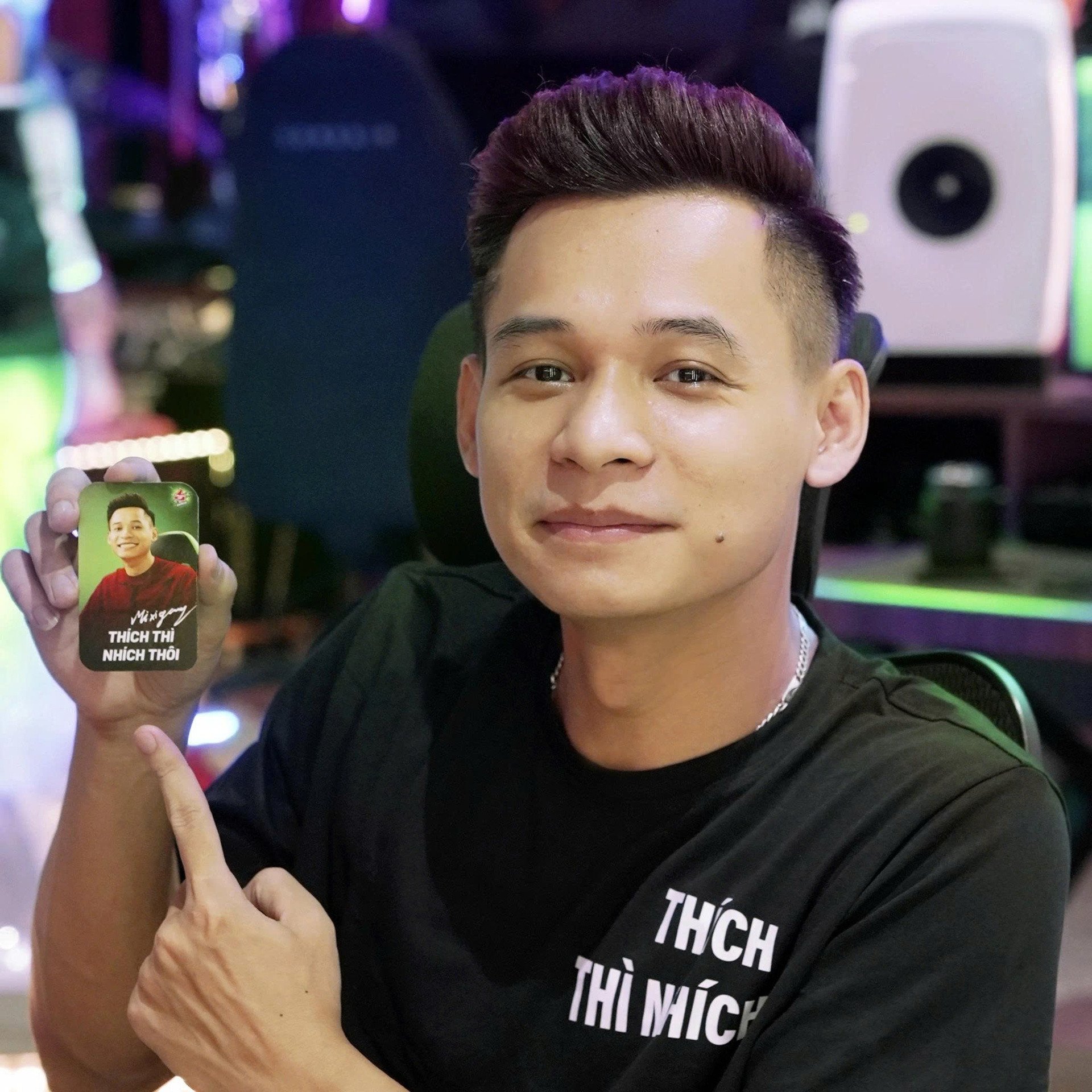
At this point, Do Mixi's apology message may need to be adjusted to be more "publicized", meaning it both maintains personal sincerity and shows a sense of responsibility as a figure whose influence extends beyond the gaming community.
Do streamers have the right to swear?
Media and cultural management expert Nguyen Dinh Thanh said that Do Mixi's apology was a positive thing. This streamer is famous on social media so it is logical for him to apologize on his own channel.
"In this space, streamers have the right to maintain their own style. The right to watch or not belongs to the audience or the public of that channel. The public in general has the right to protest and criticize for things that deviate from the general standards of society. If the violations are serious, the law will intervene," he said.
Meanwhile, Mr. Ngoc Long said that Do Mixi's starting point was as a video game streamer, and the audience initially accepted his somewhat vulgar style as a characteristic. Because in the gaming field, this element sometimes creates a sense of closeness and honesty, contributing to building a personal brand.
However, when a person steps out of the narrow community circle to become an influencer on a wider scale, the social standards for them also change.
Fans have the right to love and tolerate their idol's style, but that doesn't mean the general public has to accept it.
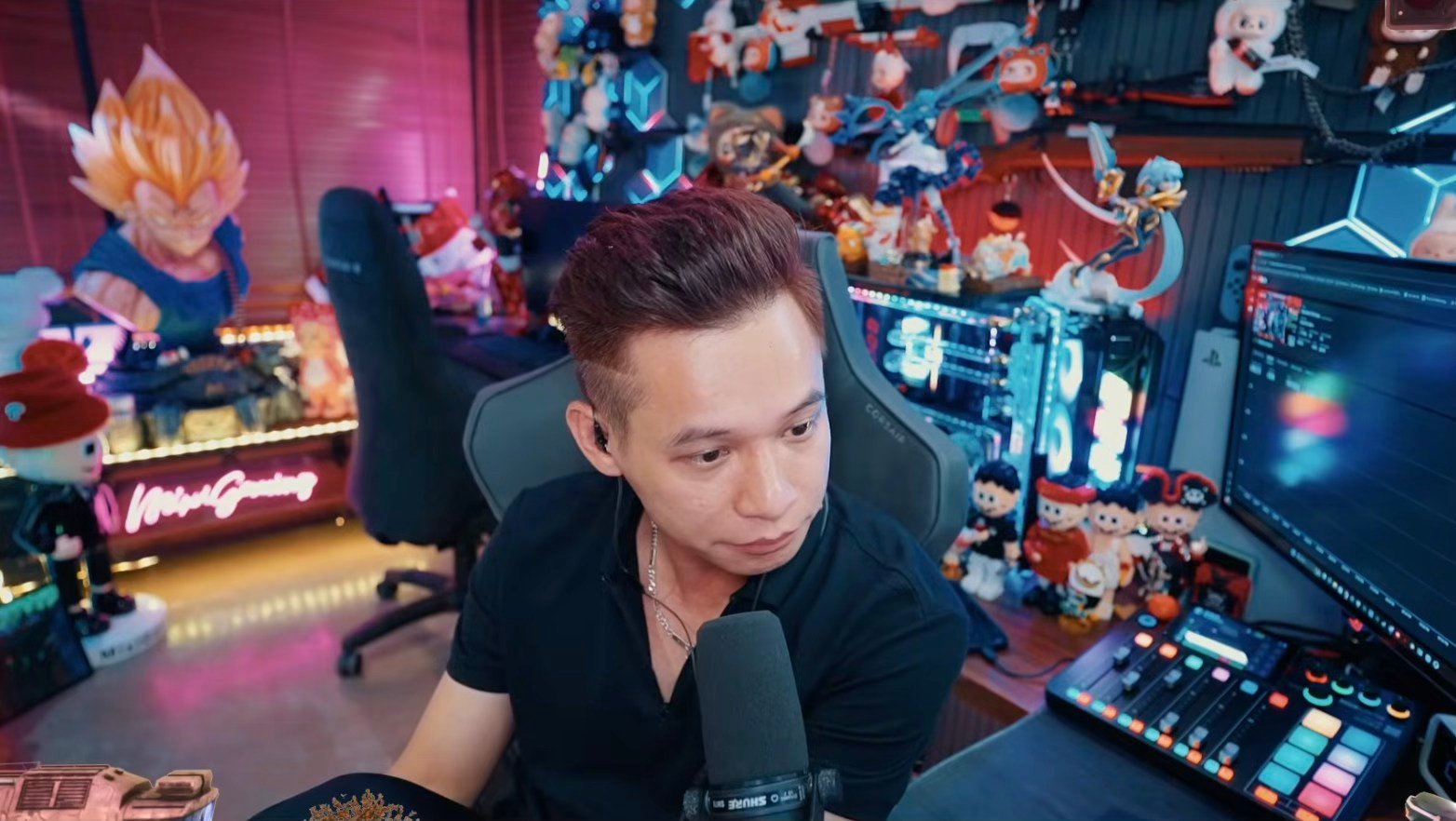
A streamer who has millions of followers, participates in TV shows or appears in the press is no longer "only for the gaming community" but has become a public figure.
In that position, Do Mixi needs to adjust his behavior to fit in with broader social norms, especially in the television environment – which reaches audiences of diverse ages and classes.
In other words, fan acceptance is not enough to “shield” an action from public opinion. In fact, the more famous the person, the greater the responsibility of the person involved.
Do Mixi does not necessarily have to lose his own personality, but needs to know how to distinguish the line between "personal style" and "public standards" to maintain balance: being himself, but not creating a negative impact on the audience outside the gaming community.
Need to review television standards
Mr. Ngoc Long emphasized that a streamer with a foul-mouthed style participating in a TV show will certainly have some impact on viewers.
With a program like Sao Nhap Ngu – broadcast on a prime time slot, targeting a diverse audience from teenagers to parents, the images and words of the participants are not only personal but also associated with the reputation of the program and the television station.

Even though what Do Mixi shows on air is considered serious, if in real life, on other platforms, he still keeps the habit of swearing and cursing, his overall image will also be negatively affected.
Audiences, especially young people, may look at that and misunderstand that "doing wrong things can still be shown on television, can still participate in a program with the iron discipline of the army".
This goes against the spirit of standards, discipline and exemplary behavior that the program Sao Nhap Ngu always wants to convey.
"If Do Mixi knows how to control himself, maintain his humor and approachability but limit offensive language both inside and outside the program, his appearance can bring a new breeze, help the program reach young audiences, and act as a bridge between television and online platforms," said Mr. Long.
According to him, this is an opportunity for Do Mixi to prove his maturity and adaptability, while affirming that a person coming from a free environment like a streamer can still adhere to iron discipline and inspire the audience positively.
Meanwhile, Mr. Nguyen Dinh Thanh said that what happens on an individual's social media channel, that person is responsible for what they spread.
Do Mixi closely follows his teammates as captain
However, the press and television are official agencies and must have standards in providing information to society.
Standards of conduct for those appearing on television also require standards on air and in real life because this appearance affects viewers, including children.
Mr. Thanh expressed: "If there is no moderation and standards, young people, children and even the audience will consider it as the standard, the accepted way of behaving. Thus, the mass media is invisibly promoting deviant behavior. I think that producers and responsible people of mainstream media units need to pay attention and take steps to adjust."
Mi Le

Source: https://vietnamnet.vn/chuyen-gia-len-tieng-vu-do-mixi-su-dung-shisha-vang-tuc-van-truyen-hinh-2439935.html



![[Photo] National Assembly Chairman Tran Thanh Man attends the inauguration ceremony of the Memorial Site of National Assembly Standing Committee Chairman Bui Bang Doan](https://vphoto.vietnam.vn/thumb/1200x675/vietnam/resource/IMAGE/2025/9/28/6feba23492d14b03b05445dd9f1dba88)
















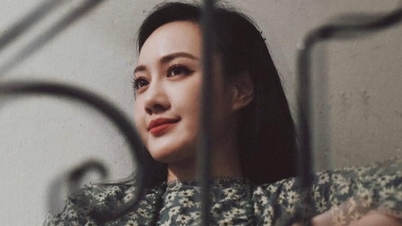







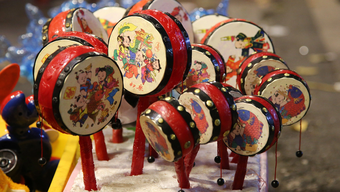
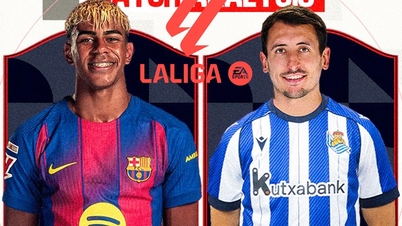





































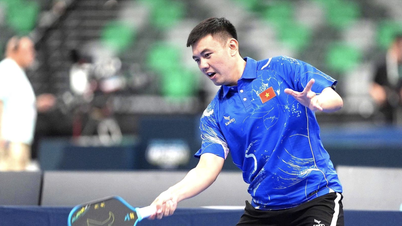









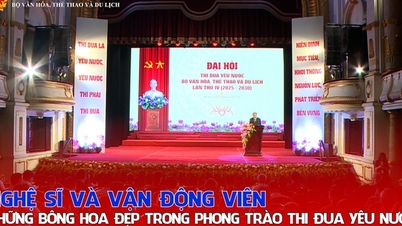






















Comment (0)